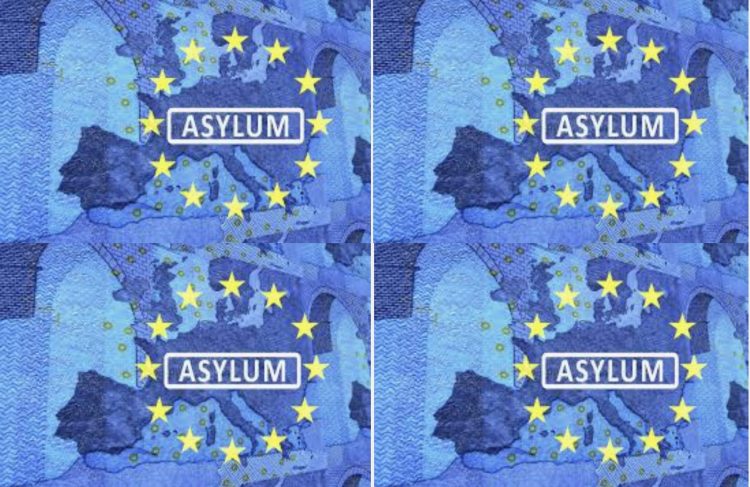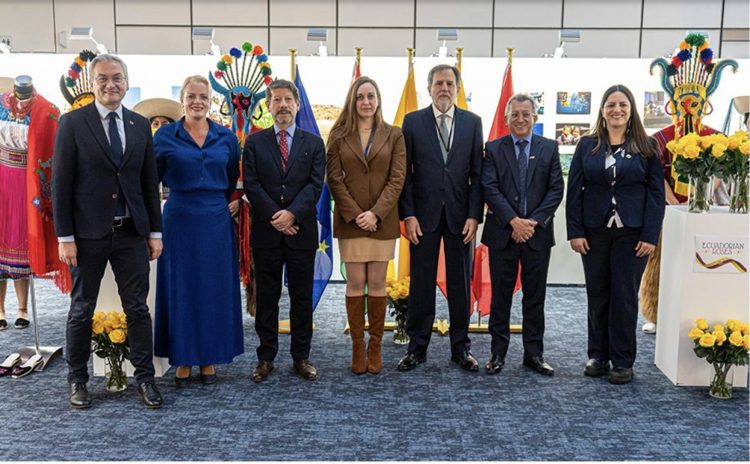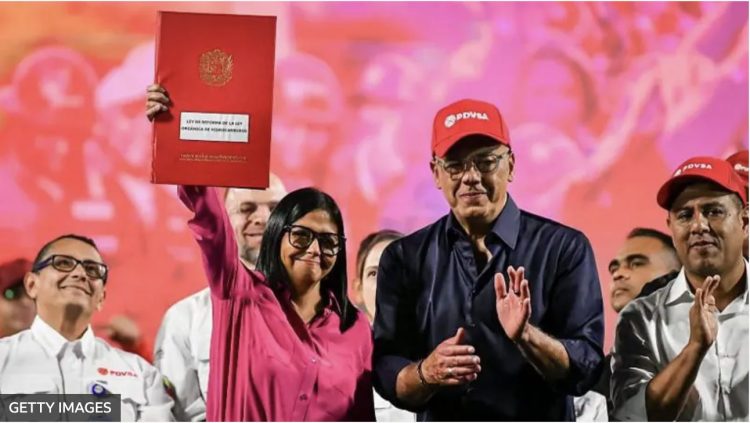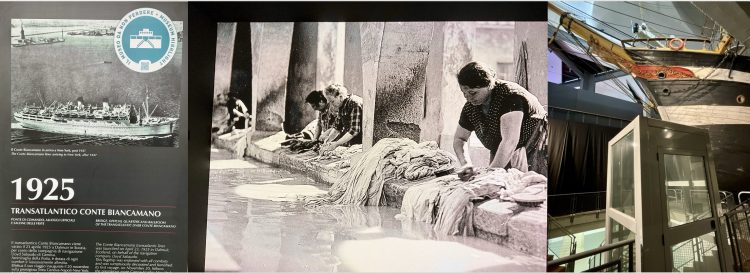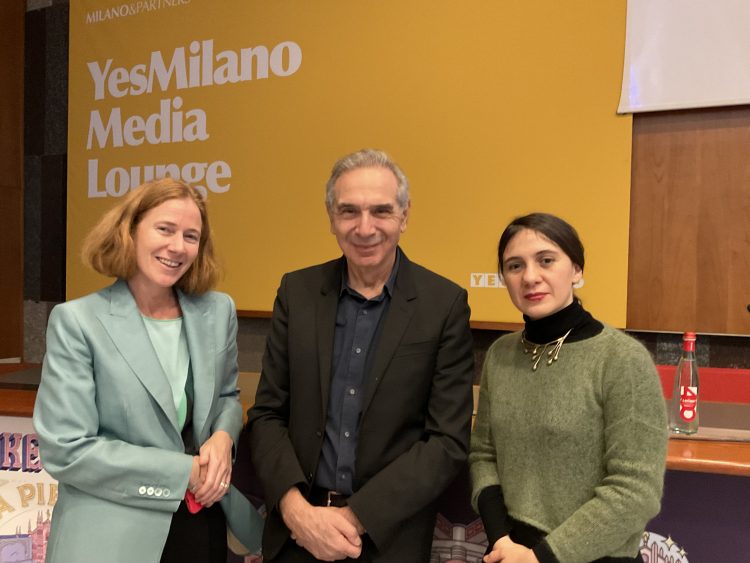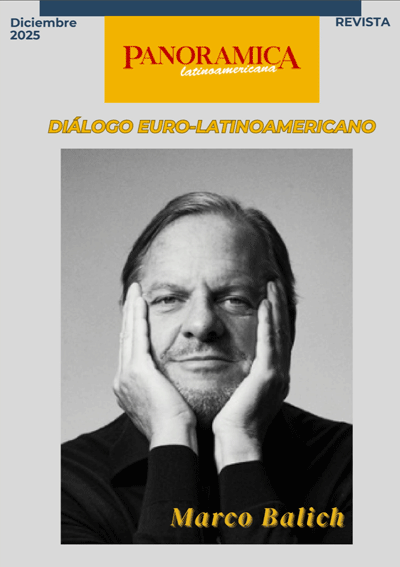The Republic of Colombia-European Union Memorandum of Understanding on an Agenda of enhanced political and sectoral dialogue and cooperation for the next decade
Introductory section
The Republic of Colombia and the European Union (hereafter referred to as “the Participants”) are guided by shared values, principles, and commitments to democracy, rule of law and respect for human rights, peace and stability, sustainable development as enshrined in the Agenda 2030 and its Sustainable Development Goals, open trade and investment, effective multilateralism and a rules-based global order.
The Participants welcome the steadily deepening and broadening of their long-standing political, economic and cooperation ties in recent years.
The Participants value the solid foundations for the relationship through the wide and diverse range of instruments and mechanisms established in the last decade, in particular:
– the Trade Agreement between the European Union and its Member States, of the one part, and Colombia, Peru and Ecuador, of the other part, which has been provisionally applied with Colombia since 1 August 2013;
– the Agreement between the European Union and the Republic of Colombia on the short-stay visa waiver, which entered into force on 1 January 2017;
– the Memorandum of Understanding between the European Commission and the Republic of Colombia on the Establishment of a Mechanism for Bilateral Consultations, signed on 28 November 2009;
– the Agreement between the European Union and the Republic of Colombia establishing a framework for the participation of the Republic of Colombia in European Union crisis management operations, which entered into force on 1 March 2020;
– the Letter of Intent on a dialogue on regional policy and cross-border integration of 2015;
– the earth observation cooperation arrangement (COPERNICUS) of 2018; – the dialogues on human rights and on security and defence;
– the European Union’s significant political and financial support to the peace process in Colombia as well as substantial development cooperation in support of rural and local development, competitiveness and environmental sustainability and its humanitarian assistance.
The Participants recognise the need to consolidate and build on the richness and variety of their relationship, and expand it to new areas to harness its full potential.
The Participants recognise that the changing regional and international context and emerging challenges and opportunities represent a further call for a stronger and closer partnership. They share the view that joint efforts and cooperation at international level and multilateral solutions in a spirit of solidarity are the only way forward to address global challenges such as the COVID-19 pandemic and its severe socio-economic consequences especially among the most vulnerable groups.
The Participants reaffirm that an ambitious environmental agenda related among others to climate change, biodiversity, circular economy, situation of indigenous populations, and sustainable patterns of consumption and production will be integral part of the bilateral agenda, building on Colombia’s progressive policies and its regional lead role in the field – such as through the Leticia Pact and the significant environmental cooperation portfolio.
The Participants agree that digital transformation is shaping societies and economies and must have its firm place in the bilateral agenda, supported by strong and stable digital connectivity infrastructure.
The Participants recognise that it is thus in their mutual political and economic interest to engage in a more structured partnership in the bilateral and multilateral context.
Declaration of Intentions
The Participants share the intention to enhance and deepen bilateral ties in areas of common interest, including on foreign and security policy, global and sectoral matters.
The Participants share the intention to build on this enhancement of bilateral ties with the view of opening up a perspective of engaging on the development of a comprehensive bilateral political agreement in the future, which, together with the Trade Agreement, would provide the overall framework for the relationship.
Priorities and Areas of cooperation
The Participants identify the following key priorities to guide the development of their relations:
(i) the successful implementation of the 2016 peace agreement between the Government of Colombia and the FARC as a contribution to global peace and stability;
(ii) the ambitious agenda on the environment, climate change, resilience and biodiversity;
(iii) the economic and social agenda including the digital agenda that promotes sustainable and inclusive growth and economic, social and territorial cohesion in the European Union and Colombia;
(iv) the agenda of solidarity, around the Venezuelan refugee and migratory crisis and its impact on Colombia and the region as well as all facets of migration; and
(v) the multilateral agenda and cooperation on global and regional foreign policy issues to strengthen multilateralism and a rules based global order.
In pursuing these priorities, the Participants intend to consider ways to increase and expand cooperation in the areas of:
a) Cooperation in multilateral, regional and international fora and organisations;
b) Environment, Climate Change and natural disasters(including disaster preparedness and impact on particularly vulnerable groups of population);
c) Migration and Mobility (including border management, social inclusion and response to internal displacements);
d) Peace and security, conflict prevention and crisis management,
e) Human and Labour Rights, gender equality, democracy and rule of law;
f) Illicit drugs and organised crime;
g) Knowledge, research, innovation and communication technology- digital economy, space cooperation;
h) Growth and investment;
i) Education and youth, people-to-people contacts, culture and tourism;
j) Transport;
k) Employment and social policy;
l) Regional Policy.
Methods of cooperation
The Participants intend to intensify their political dialogue at the frequency and level deemed necessary, including consultation, meetings and visits at leaders’, ministerial and senior official level to provide the political guidance for the relationship.
The Participants intend to establish the appropriate mechanisms for periodic dialogue and consultations in the above areas including – where feasible and appropriate – the setting up of dedicated sectoral dialogues among their competent technical entities either face-to face or virtual, while ensuring complementarity and added value to initiatives and processes such as those established under the Trade Agreement.
Signed at New York on September 21st , 2021, in duplicate both in English and Spanish languages.



